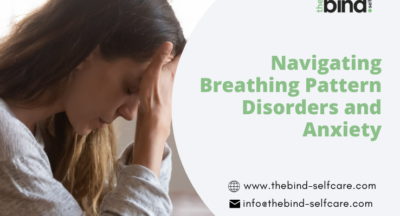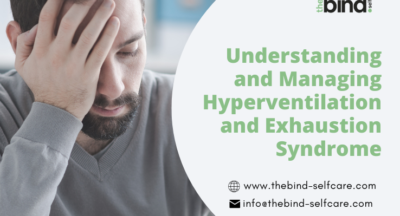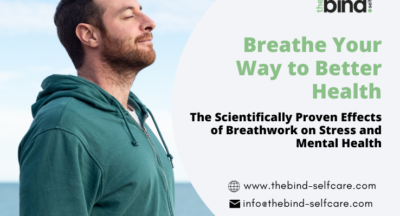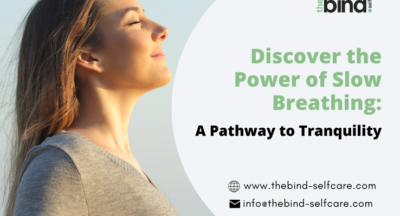
Discover the Power of Slow Breathing: A Pathway to Tranquility
Have you ever noticed how your breathing changes with your emotions? A fast-paced breath can heighten stress, while slow, deep breaths bring a sense of calm. Recent research by Stanford University scientists has unveiled the scientific underpinnings of this phenomenon, providing insights that could enhance our approaches to mental well-being.
The Science Behind Slow Breathing
In a groundbreaking study, researchers at Stanford, led by Mark Krasnow, MD, PhD, and Kevin Yackle, MD, PhD, have identified a tiny cluster of neurons in the brainstem that link the rhythm of our breathing to our emotional state. Published in the prestigious journal Science, this research highlights how slow breathing can induce tranquility, while rapid, shallow breaths can lead to increased tension and anxiety.
The Discovery of Tranquility Neurons
The identified neurons reside in a part of the brain known as the pre-Bötzinger complex, which acts as the control center for breathing. These neurons not only regulate the patterns of our breath but also connect directly to the brain’s arousal center, influencing our alertness, attention, and emotional states.
Implications for Stress Management and Meditation
This discovery has profound implications for stress management and meditation practices. Slow, controlled breathing has long been a core component of yoga and meditation, known to shift one’s consciousness from a state of arousal to one of calm. The findings from Stanford provide a cellular and molecular understanding of how these practices can lead to a more tranquil mind.
Breathing Exercises: A Simple Tool for Emotional Regulation
The research suggests that simple breathing exercises could be a powerful tool for managing stress, anxiety, and negative emotions. By consciously adjusting our breathing patterns, we can directly influence our emotional state, promoting relaxation and reducing stress.
Embrace the Power of Breath
We encourage you to explore the transformative power of slow breathing. Whether you’re experiencing stress, seeking to enhance your meditation practice, or simply looking to find a moment of peace in your busy day, slow breathing can be an accessible and effective tool.
Interested in learning more about how you can harness the power of slow breathing for relaxation and mental well-being? Contact our wellness experts today for guidance and personalized breathing exercises designed to help you achieve tranquility and emotional balance.
Reference:
Russo MA, Santarelli DM, O’Rourke D. (2017) The physiological effects of slow breathing in the healthy human. Breathe 2017; 13:298–309.
Related Posts
Unlocking the Breath: Navigating Breathing Pattern Disorders and Anxiety
In the complex world of mental and physical health, the intricate link between...
Breathe Easy: Understanding and Managing Hyperventilation and Exhaustion Syndrome
In today's fast-paced world, stress is a common denominator in our lives. With...
Breathe Your Way to Better Health: The Scientifically Proven Effects of Breathwork on Stress and Mental Health
In an era where stress, anxiety, and mental health challenges increasingly...
Discover the Power of Slow Breathing: A Pathway to Tranquility
Have you ever noticed how your breathing changes with your emotions? A fast-paced...




